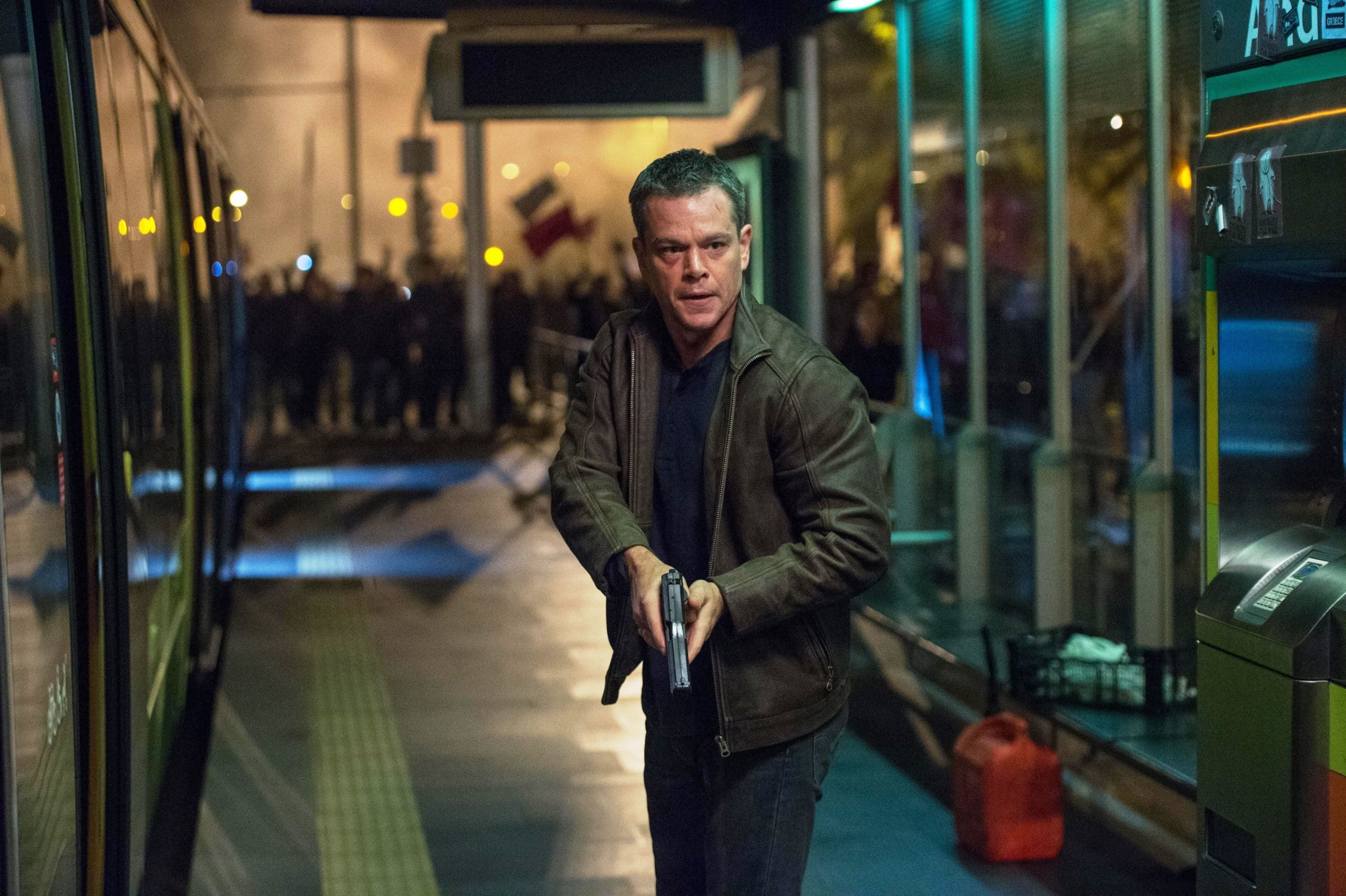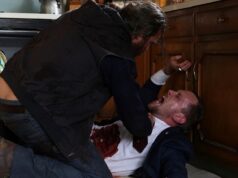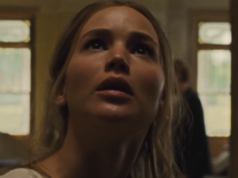This decent but familiar return to the thrilling action of the original Bourne trilogy delivers what it sets out to, even if that is not really ambitious
Jason Bourne (2016)
Directed by Paul Greengrass. Written by Paul Greengrass and Christopher Rouse. Based on characters by Robert Ludlum. Starring Matt Damon, Tommy Lee Jones, Alicia Vikander, Vincent Cassel, Julia Stiles, Riz Ahmed, Ato Essandoh, Scott Shepherd, Bill Camp, Vinzenz Kiefer, Gregg Henry and Stephen Kunken.
The first thing we see when Jason Bourne begins is flashbacks from The Bourne Ultimatum (2007), which marked the last time the title character played by Matt Damon was seen alive. “I remember everything,” we hear him say, as we recollect the climactic events that led him to learn apparently everything he needed to know about his past life. And so, this fifth installment of the film series initiated with The Bourne Identity (2002) makes it clear right away that this is not a reset intent on plunging the character into something new after nine years. Anyone with hopes that this movie is meant for a broader audience only because it isn’t titled “The Bourne …” is so wrong. To put it bluntly, Jason Bourne is not for the uninitiated.
Bringing back Paul Greengrass and Matt Damon (who wouldn’t reprise the role unless Greengrass was also attached to the project), the movie takes place a decade after Bourne exposed Operation Blackbriar and disappeared, presumed dead. He has since recovered from his amnesia and now lives off the winnings from illegal fights in Tsamantas, at the Greek-Albanian border. In Reykjavik, Iceland, Nicky Parsons (Julia Stiles) hacks into the mainframe server of the CIA to expose its black ops, but her system breach alerts the head of the CIA’s cyber ops division Heather Lee (Alicia Vikander) and CIA Director Robert Dewey (Tommy Lee Jones). Parsons finds Treadstone files concerning Bourne’s recruitment and decides to go to Greece and tell him about them, not knowing that Dewey is sending an Asset (Vincent Cassel) to take care of both.
Using a secret from Bourne’s past involving his father as a plot device, Jason Bourne picks up right where The Bourne Ultimatum left off in a clear attempt to create drama from new revelations — a move that in turn makes the film seem like more of the same, especially considering how many plot points are rehashed from The Bourne Supremacy (2004). There is a new program called “Iron Hand,” a death that echoes another one from that movie, Bourne ending up in Berlin, a CIA director working secretly with an operative to kill Bourne and even a car chase in the end. It is as if Greengrass loved what he did in that film so much that he wanted to repeat it — but since Star Wars: Episode VII (2015) this sort of thing is becoming really tiring.
Greengrass’ edgy directing style is the same we have grown used to in the series, with its fast zooms and practical effects using real stunt work. Backed by that familiar score, he shows us again his talent for conducting thrilling chase scenes and exploring crucial moments of waiting, like in the tense scene of the anti-government protest at Syntagma Square. On the other hand, even as Greengrass comments on the current political situation of Greece, his attempt to discuss surveillance is heavy-handed, including clumsy references to Edward Snowden and a scene in which everybody claps enthusiastically when Aaron Kalloor (Riz Ahmed) guarantees at a public convention that with his social media enterprise Deep Dream “no one will be watching you.”
Likewise, the omnipresent awe whenever someone mentions Bourne sometimes borders on ridiculous. The many variations of “Oh my God, that’s Bourne!” get tired fast, and his superhero aura can be funny in its absurdity, like when he manages to survive after a high fall and disappears in the best Michael Meyers style. Not to mention how he still manages to easily go from one country to another as if crossing a street. Damon, by the way, looks more buff and in better shape now than when he had to perform those stunts a decade ago — and all the more comfortable in his role. I love the confident way he once again embodies this tragic, angry character who never smiles and can never find peace as long as he lives.
But while the movie works on many levels (those previously tested, that is), it fails on others. Let me discuss some plot points here, so if you haven’t seen the film yet, I suggest you skip this paragraph and the next lest you see some spoilers. First of all, given the mystery surrounding the secret about Bourne’s father, it is impossible not to feel frustrated and think, “That’s it?” when it is finally revealed. It only makes us wonder why the hell it was so important for the men behind the curtain to have him in the program in the first place. Besides, it is silly and completely unnecessary to make the man who seeks personal revenge against Bourne be the same person responsible for the death of his father. It doesn’t change anything.
And what can be said about the fact that Dewey comes off as an insane idiot with his idea to execute Kalloor and Lee in a convention full of people when he had the opportunity to get rid of both a few moments before in private? I won’t even go deep into how inane it is that Lee kills a CIA director to save Bourne and nobody seems to care about it. Even so, it is a great thing that the actors embrace their roles so well that we end up overlooking some of those problems. Tommy Lee Jones, whose character is another variation of Ward Abbott, Alexander Conklin and Noah Vosen from previous films (don’t they look all the same?), makes his character sound threatening even as he speaks calmly and sounds amiable.
When it comes to action, Jason Bourne delivers. After the revelation come the necessary car chases, this time to the point of having hundreds of vehicles thrown in the air as two cars wreck Las Vegas upside down. It is all very exciting, like the well-edited hand fight in the end that offers an elegant rhyme with a fight scene in the beginning. All of that leads to a smart ending that leaves the door open for more. It is a return to the status quo, a promise for more sequels. I honestly wish they had given it a definitive conclusion, though. As it is, I only hope any subsequent films are more original and don’t rely so much on familiar tropes like this one did.





